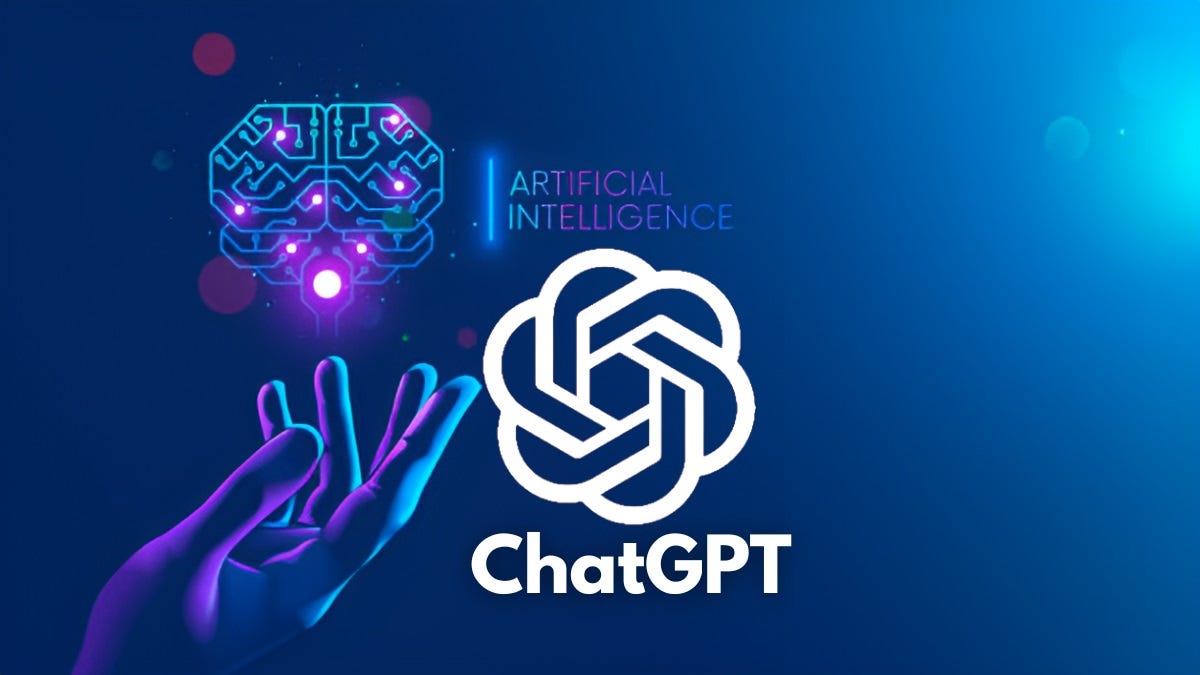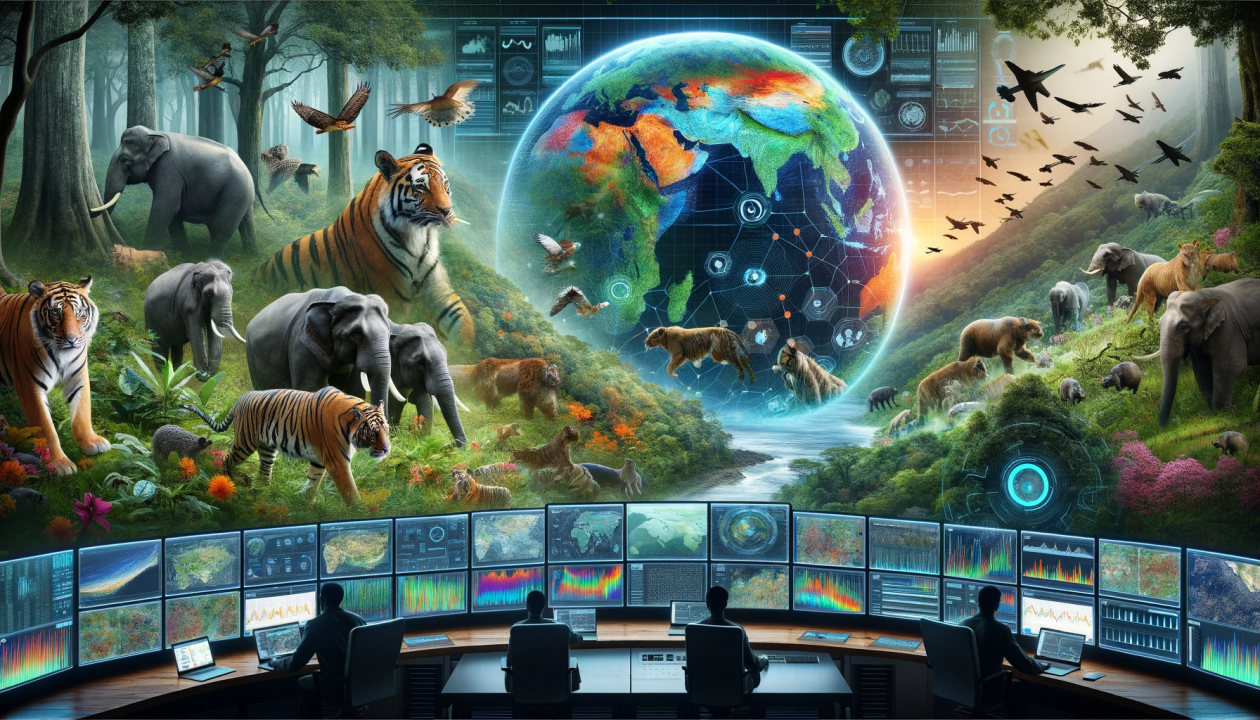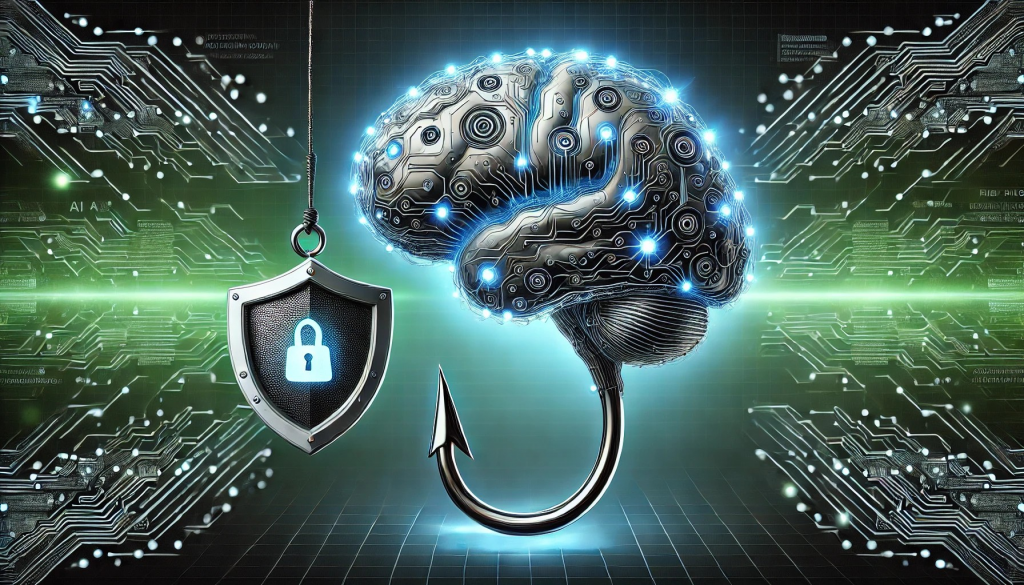justineanweiler – ChatGPT, developed by OpenAI, is one of the most advanced language models designed for generating human-like text. Based on the GPT (Generative Pre-trained Transformer) architecture, it has gained significant attention for its ability to engage in coherent conversations, answer questions, and assist with a wide array of tasks. This article explores how ChatGPT works, its applications, benefits, and ethical considerations.
How ChatGPT Works
At its core, ChatGPT uses a deep learning model that has been trained on vast amounts of text data. The model learns patterns, grammar, facts, and even some level of reasoning from the data. Here’s a simplified breakdown of its functionality:
- Pre-training: Initially, ChatGPT undergoes a pre-training phase where it learns to predict the next word in a sentence. This phase involves processing diverse text sources, allowing the model to understand language structure and context.
- Fine-tuning: After pre-training, the model is fine-tuned with human feedback. This involves adjusting the model’s responses based on human evaluations, improving its ability to generate relevant and coherent text.
- Inference: When a user inputs a query, ChatGPT processes it and generates a response based on its training. The model evaluates possible continuations and selects the most appropriate one.
Applications of ChatGPT
ChatGPT has numerous practical applications across various fields:
- Customer Support: Many businesses integrate ChatGPT into their customer service systems to handle inquiries efficiently and provide quick responses.
- Content Creation: Writers and marketers use ChatGPT to generate ideas, draft articles, and even create social media posts, enhancing productivity.
- Education: Educators and students benefit from ChatGPT as a study aid, helping clarify concepts, provide explanations, or generate practice questions.
- Programming Help: Developers can leverage ChatGPT for coding assistance, troubleshooting, and generating code snippets, streamlining the software development process.
Benefits of ChatGPT
- Accessibility: ChatGPT provides users with 24/7 access to information and assistance, breaking down barriers to knowledge.
- Efficiency: It can handle multiple inquiries simultaneously, significantly reducing response times compared to human agents.
- Versatility: ChatGPT can be adapted for various tasks, making it a valuable tool in numerous industries.
Ethical Considerations
Despite its advantages, the deployment of ChatGPT raises important ethical issues:
- Misinformation: ChatGPT can inadvertently generate incorrect or misleading information. Users must critically evaluate the responses provided.
- Bias: The model may reflect biases present in its training data, leading to biased or inappropriate outputs. Continuous efforts are needed to mitigate this risk.
- Dependence: Over-reliance on AI tools like ChatGPT could diminish critical thinking and problem-solving skills in users.
Conclusion
ChatGPT represents a significant leap in AI language processing, with the potential to transform how we interact with technology. As it continues to evolve, addressing ethical concerns and improving its capabilities will be crucial in ensuring that it serves as a beneficial tool for society. By harnessing its strengths while remaining vigilant about its limitations, we can unlock the full potential of ChatGPT in our daily lives and professional endeavors.





